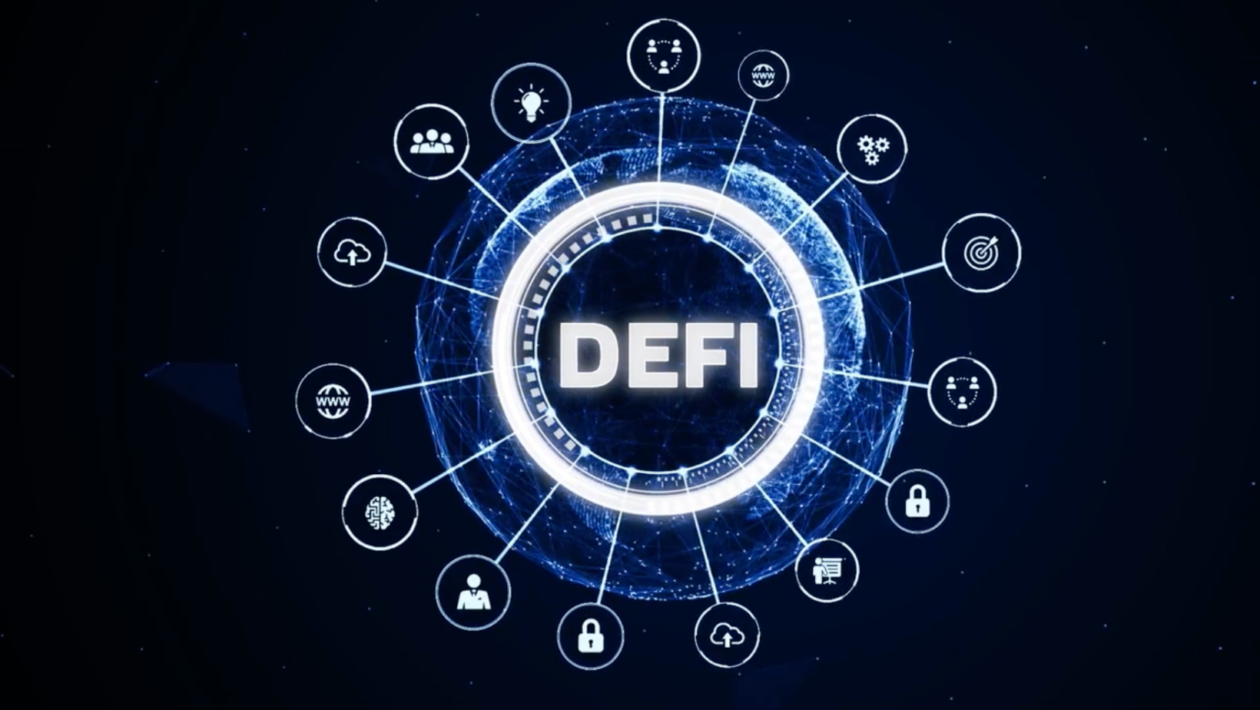- Get link
- X
- Other Apps
- Get link
- X
- Other Apps
Decentralized Finance (DeFi): Transforming Traditional Financial Services
In the realm of financial innovation, Decentralized Finance, or DeFi, stands as a groundbreaking force transforming traditional financial services. DeFi is a paradigm shift, ushering in a world where intermediaries like banks and insurance companies are being challenged by blockchain technology and smart contracts. In this blog post, we'll explore how DeFi is reshaping various financial sectors, and delve deeper into the following keywords: Insurance, Loans, Mortgage, Attorney, Credit, Lawyer, Donate, Degree, Hosting, Claim, Conference Call, Trading, Software, Recovery, Transfer, Gas/Electricity, Classes, Rehab, Treatment, and Cord Blood.
The Decentralization of Insurance
The insurance sector is experiencing a significant makeover through DeFi. Smart contracts enable automated payouts, ensuring that claims are settled instantly and transparently. With decentralized insurance platforms, policyholders have more control and trust in the system. They can participate in risk pools, providing capital to insure specific events, and earn premiums in return.
Empowering Loans through DeFi
DeFi lending platforms are changing the way people access loans. These platforms facilitate peer-to-peer lending, eliminating the need for traditional financial intermediaries. Borrowers can use cryptocurrencies as collateral to secure loans, which are executed through smart contracts. This approach provides greater accessibility and flexibility for borrowers.
Mortgages and Attorney Services
DeFi is starting to encroach upon the traditional mortgage industry as well. Smart contracts enable the automation of mortgage processes, from application to repayment. This automation significantly reduces the need for intermediaries, streamlining the process. Additionally, the services of attorneys and legal professionals can be integrated into DeFi through smart contract-based agreements, making legal processes more efficient and transparent.
Credit and Legal Services in the DeFi World
DeFi also presents new possibilities for accessing credit. Decentralized lending platforms can use blockchain data to assess an individual's creditworthiness, potentially providing fairer access to credit. Legal services can be enhanced through blockchain technology, ensuring secure and immutable contracts and agreements.
Lawyers, Donations, and Educational Degrees
Lawyers can play a crucial role in developing and overseeing DeFi protocols, ensuring compliance and fair practices. DeFi also empowers philanthropy by enabling transparent and traceable donations. In the realm of education, DeFi can facilitate the verification of educational degrees and certifications through blockchain records, increasing trust in the education system.
DeFi for Hosting and Conference Calls
The DeFi movement is not limited to finance alone. It can be applied to various sectors, including web hosting services. Decentralized hosting can provide secure, distributed web hosting solutions. In the corporate world, decentralized conference call platforms are emerging, offering secure, private, and cost-effective communication solutions.
Trading and Software Development in DeFi
Trading in the DeFi world is more accessible than ever. Decentralized exchanges (DEXs) enable users to trade assets directly from their wallets, reducing the need for intermediaries and increasing liquidity. Software development within the DeFi space is flourishing, with projects focused on creating innovative financial tools, including decentralized lending, insurance, and trading platforms.
Recovery and Secure Transfer of Assets
The recovery of lost or stolen assets is streamlined through DeFi mechanisms. Additionally, DeFi allows for secure and transparent asset transfers, including real estate and other valuable properties.
DeFi for Gas/Electricity, Classes, Rehab, Treatment, and Cord Blood
Decentralized systems can disrupt traditional utilities, making the buying and selling of gas and electricity more efficient and cost-effective. Moreover, DeFi can support online education platforms, making classes and educational materials more accessible. In the healthcare sector, DeFi can ensure transparency and efficiency in rehab and treatment services. Even the storage and transfer of medical data, including cord blood information, can be enhanced through secure, blockchain-based systems.
Decentralized Finance (DeFi) is a force that's redefining the landscape of traditional financial and non-financial services. It's empowering individuals with more control, transparency, and accessibility. By incorporating blockchain technology and smart contracts, DeFi has the potential to redefine the way we think about insurance, loans, mortgages, legal services, education, and even essential utilities. It's a revolution that promises to bring financial and non-financial services to the masses while reducing the influence of intermediaries and increasing transparency.
Stay tuned to the evolution of DeFi as it continues to disrupt and transform these sectors and many more. As DeFi continues to evolve, it's likely that it will continue to revolutionize various aspects of our financial and non-financial lives, making services more accessible, efficient, and secure.



Comments